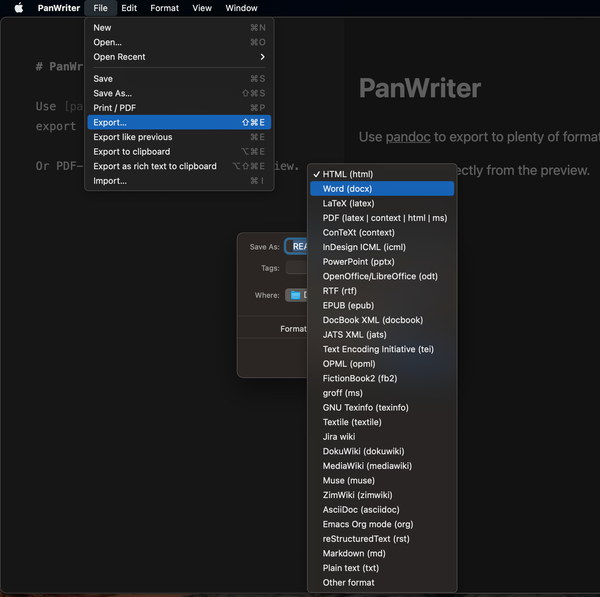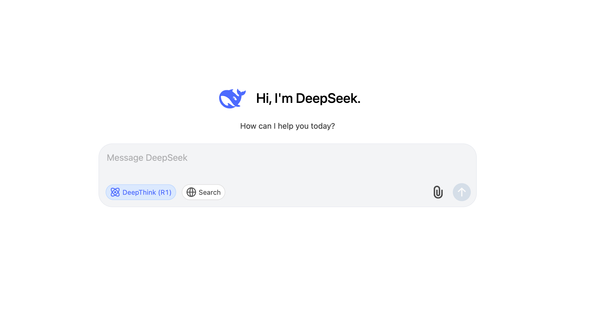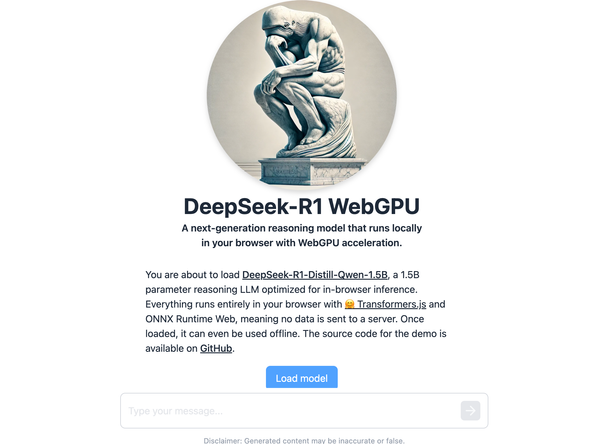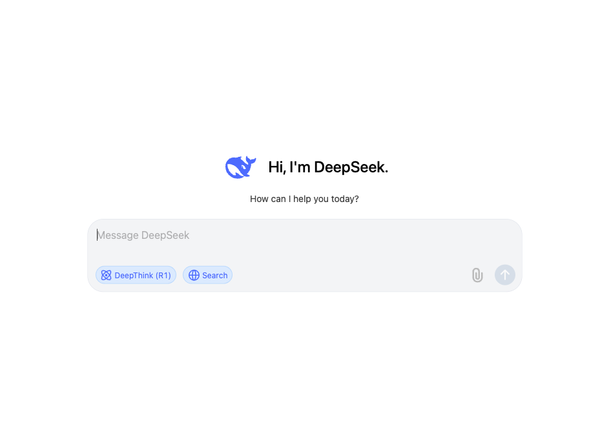10 Open-source Free Java IDE for Developers, Coders, and Students
Table of Content
Java IDE stands for Integrated Development Environment for Java. It is a software application that provides comprehensive tools and features to facilitate Java programming and development. Some popular Java IDEs include Eclipse, IntelliJ IDEA, and NetBeans.
Features of Java IDEs:
- Code editor with syntax highlighting and auto-completion
- Integrated debugger for easy debugging of Java programs
- Built-in compiler and build tools for compiling and running Java code
- Version control integration for managing code repositories
- Code refactoring and navigation tools for efficient development
- Unit testing frameworks for testing Java code
- Support for plugins and extensions to enhance functionality
Use-cases
- Students learning Java programming
- Researchers working on Java-based projects
- Developers and coders building Java applications
- Software engineers working on enterprise-level Java projects
- Others who need to develop, test, and maintain Java code
Benefits of using open-source lightweight IDE:
- Lightweight IDEs consume fewer system resources, making them faster and more responsive.
- They are often free to use, reducing costs for individuals and organizations.
- Open-source IDEs have a large community of developers, resulting in frequent updates, bug fixes, and new features.
- Lightweight IDEs are easier to set up and configure, making them more beginner-friendly.
- They provide essential features for Java development without overwhelming users with unnecessary complexity.
1- Apache NetBeans
The Apache NetBeans Java IDE is an open-source software application for Java programming. It offers a code editor, debugger, compiler, version control integration, web development support, GUI builder, project management tools, multi-language support, and a plugin ecosystem.
NetBeans is user-friendly and suitable for students, developers, and enterprise-level projects.
Features
- Code editor with syntax highlighting and code completion
- Integrated debugger for debugging Java programs
- Built-in compiler and build tools for compiling and running Java code
- Version control integration (Git, Subversion) for managing code repositories
- Code refactoring and navigation tools for efficient development
- Unit testing frameworks (JUnit) for testing Java code
- Support for web development (HTML, CSS, JavaScript)
- GUI builder for creating graphical user interfaces
- Maven and Ant integration for project management and build automation
- Support for multiple programming languages (Java, JavaScript, PHP, etc.)
- Extensive plugin ecosystem to enhance functionality

2- Tranquil Java IDE
Tranquil Java IDE is a free and open-source software application for Java programming. It offers a user-friendly integrated development environment (IDE) that is specifically designed for writing Java code. The main goal of Tranquil Java IDE is to provide a lightweight and simple Java development experience. You can download it for free from SourceForge.
Features
- Code editor with syntax highlighting and completion
- Debugger for Java program debugging
- Built-in compiler and build tools for running Java code
- Version control integration for managing code repositories
- Code refactoring and navigation tools for efficient development
- Support for unit testing frameworks
- GUI builder for creating user interfaces
- Maven integration for project management
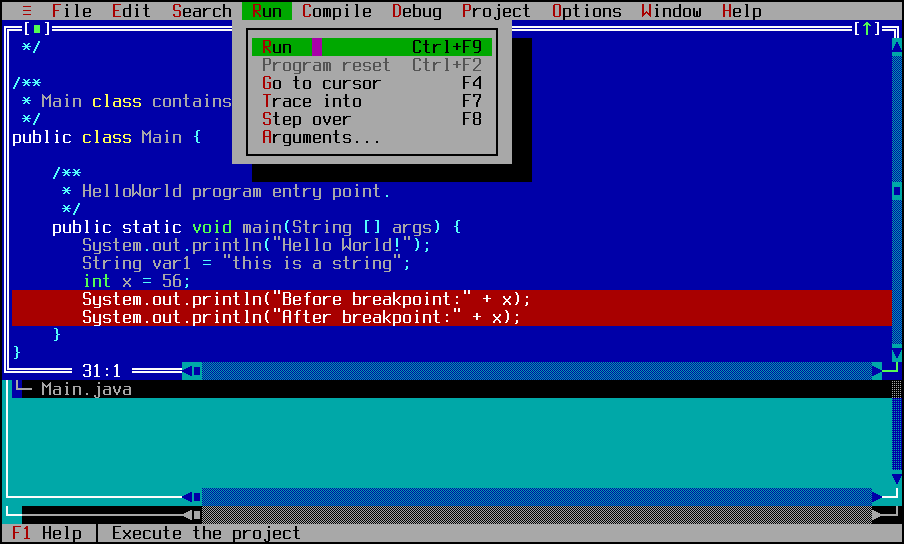
3- tIDE
tIDE is an abbreviation for Tranquil Java IDE. It is an open-source software application for Java programming that provides an integrated development environment specifically designed for writing Java code.
4- Recaf
Recaf is an open-source Java bytecode editor and decompiler developed by Col-E. It provides a graphical user interface for viewing, editing, and analyzing Java bytecode. Recaf allows developers to modify compiled Java bytecode directly, making it a powerful tool for bytecode manipulation and analysis.
Recaf is a powerful tool for Java developers who need to work with compiled bytecode directly. It can be used for various purposes, including bytecode modification, reverse engineering, code analysis, and debugging.
Some of the key features of Recaf include:
- Bytecode Editing: Recaf allows users to view and modify the bytecode instructions of compiled Java classes. This can be useful for tasks such as adding or modifying code logic, patching binaries, or reverse engineering.
- Decompilation: Recaf includes a decompiler that can transform compiled bytecode back into Java source code. This can help in understanding and analyzing existing Java applications or libraries.
- Graphical User Interface: Recaf offers a user-friendly interface for navigating and analyzing bytecode. It provides features such as syntax highlighting, code folding, and search functionality, making it easier to work with large codebases.
- Bytecode Analysis: Recaf includes various tools for analyzing Java bytecode, such as a control flow graph viewer, a constant pool viewer, and a bytecode verifier. These tools can assist in understanding the inner workings of compiled Java programs.
- Plugin System: Recaf supports a plugin system that allows developers to extend its functionality. This makes it possible to add custom features or automate repetitive tasks.
5- DrJava
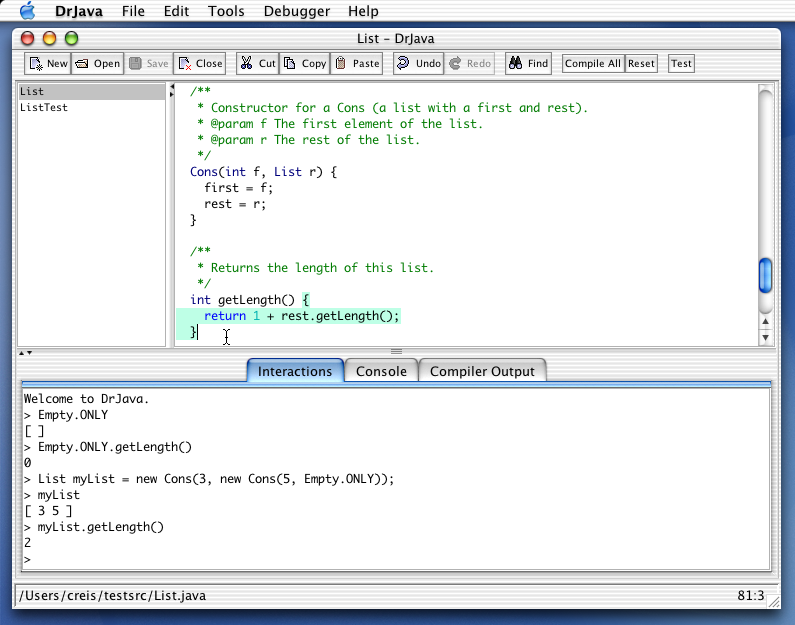
DrJava is an open-source Java development environment designed specifically for beginners and educational purposes. It provides a simple and user-friendly interface for writing, compiling, and running Java programs.
Key features of DrJava include:
- Code Editor: DrJava offers a basic code editor with syntax highlighting and auto-indentation, making it easier to write Java code.
- Compiler: It includes a built-in Java compiler that allows users to compile their Java programs directly within the IDE.
- Debugger: DrJava provides a debugger that enables users to step through their code, set breakpoints, and inspect variables during program execution.
- Interactions Pane: The interactions pane in DrJava allows users to execute Java code snippets and see the immediate results, making it useful for experimenting and learning.
- JUnit Integration: DrJava supports integration with JUnit, a popular unit testing framework for Java. This allows users to write and run unit tests within the IDE.
- Built-in Documentation: It provides access to Java API documentation, allowing users to quickly look up information about classes and methods.
DrJava is particularly well-suited for educational settings, as it focuses on simplicity and ease of use. It provides a minimalistic environment that helps beginners learn Java programming concepts without overwhelming them with advanced features.
DrJava is avaiable for Windows, Linux, and macOS.
6- EJE (Everyone's Java Editor)
EJE (Everyone's Java Editor) is a software application that serves as a Java editor for developers. It provides a user-friendly environment for writing, editing, and managing Java code.
EJE offers features such as syntax highlighting, code completion, and a built-in compiler for compiling Java programs. It aims to be a lightweight and accessible Java editor suitable for developers of all levels of experience. For more information and to download EJE, you can visit the EJE project page on SourceForge.
Features
- Compile & Execute directly from EJE
- Java syntax highlighting
- Code Fragment Templates Insertion
- Shortcuts for every action
- Look and feel personalization (Nimbus included)
- Members introspection popup
- Notification Timer
- Javadoc support
- Printing support
- Java Documentation (if local is missing, go on line)
- File System tree fast explorer
- Multiple working directories support
- Formatting styles support
- Multilanguage support (English, Spanish, German, Italian)
- Line numbering
- Other cool features (search and replace, goto line, classpath, options and arguments for compiling and execution...)
- Open command line (Windows required) and JShell (Java 9 or higher required)
- Change themes (Dark, Standard, Dusk, BrighterDusk (the default one)
- Java 15 support!
- Automatic Updates for new versions
- OpenJDK Embedded (auto update)
7- JotAzul - An Object-Oriented Java IDE
JotAzul is an Object-Oriented Java IDE that serves as a software application for Java development. It provides an integrated development environment specifically designed for writing Java code.
JotAzul offers a code editor with syntax highlighting, code completion, and debugging tools for Java programs. It also includes a built-in compiler and build tools, version control integration, code refactoring and navigation tools, and support for unit testing frameworks.
It aims to provide a user-friendly environment for Java developers to write, edit, and manage their Java code. For more information and to download JotAzul, you can visit the JotAzul project page on SourceForge.
8- JSource - A Light Java IDE
JSource is a lightweight Java IDE that offers a user-friendly environment for Java development.
It features a code editor with syntax highlighting and code completion, a built-in compiler and debugger, project management capabilities, code navigation tools, version control integration, and customization options. It aims to provide a simple and efficient Java development experience.
9- ThinkJava
The Professional Java IDE
ThinkJava is a comprehensive and professional Java IDE that offers advanced code editing, debugging and profiling tools, project management capabilities, version control integration, code refactoring, unit testing support, GUI design, performance analysis, and extensibility through plugins.
It aims to empower Java developers in writing, debugging, and deploying Java applications efficiently.
Key Features of ThinkJava
- Comprehensive code editing capabilities with advanced syntax highlighting, auto-indentation, and code folding.
- Robust debugging tools for efficient and effective bug fixing.
- Profiling tools to analyze the performance of Java applications and optimize code.
- Project management capabilities to organize and manage Java projects effectively.
- Seamless integration with popular version control systems for easy collaboration and code sharing.
- Code refactoring features to improve code quality and maintainability.
- Unit testing support to ensure the reliability and correctness of Java applications.
- GUI design tools for creating visually appealing user interfaces.
- Performance analysis tools to identify bottlenecks and optimize application performance.
- Extensibility through plugins, allowing developers to customize and enhance the IDE according to their specific needs.
In addition to these core features, ThinkJava also offers several additional tools and functionalities to further enhance the Java development experience:
- Build tool for convenient and efficient project building.
- Real-time debugger for step-by-step debugging of Java code.
- Real-time compiler for instant code compilation and error detection.
- Direct source code sharing for seamless collaboration with team members.
- Auto code completion list to speed up the coding process.
- Android App Builder for developing Android applications.
- Webmaker for creating web applications.
- HTML Editor for editing HTML files.
With its comprehensive set of features and tools, ThinkJava empowers Java developers to write, debug, and deploy Java applications efficiently, making it the IDE of choice for Java development projects.
10- Cosmic IDE (Android)
Cosmic IDE is an open-source Java IDE that provides a comprehensive set of tools and features for Java development. It offers advanced code editing capabilities, including syntax highlighting and code completion. The IDE also includes a built-in compiler and debugger for compiling and debugging Java programs.
Other features of Cosmic IDE include project management tools, version control integration, code refactoring, and support for unit testing. It also provides a graphical user interface (GUI) designer for creating Java-based graphical user interfaces (GUIs).






